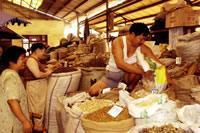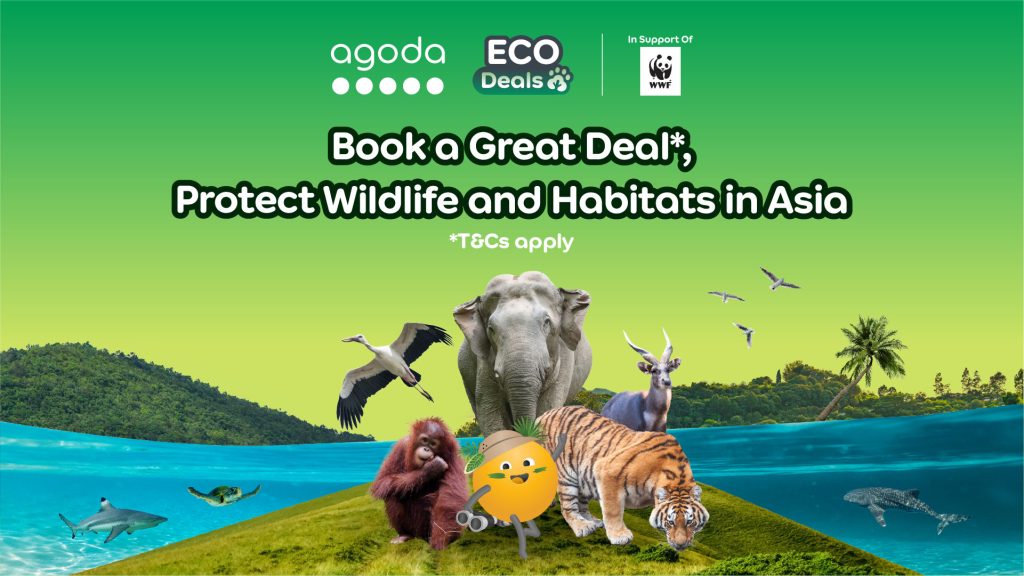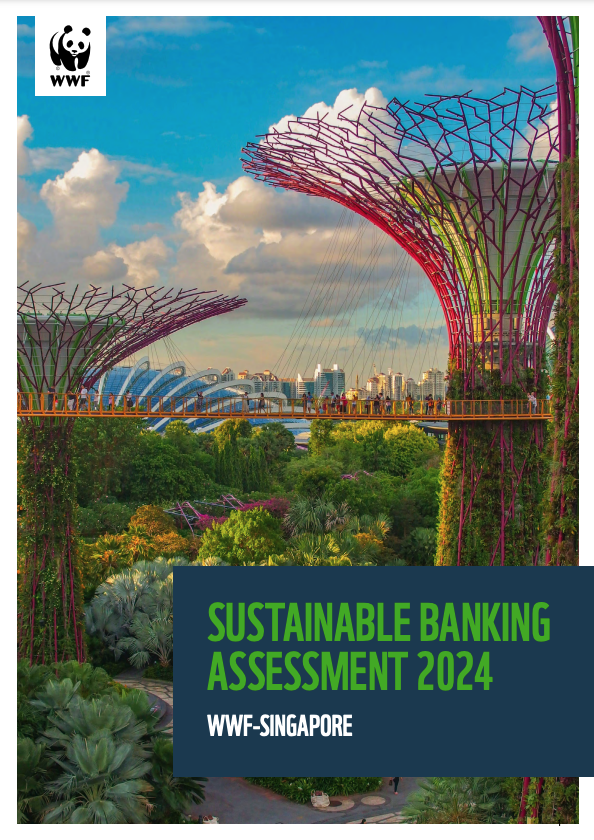Jakarta, Indonesia – In an unprecedented move against Southeast Asia’s illegal and unsustainable trade in wildlife, delegates from the ten members of the Association of Southeast Asian Nations (ASEAN) have agreed upon a five-year action plan to combat threats to the region’s rich biological diversity.
“It is extremely encouraging to see the action plan already in place,” said James Compton, TRAFFIC Southeast Asia’s Regional Director.
“It is an ambitious programme of work, but if the leadership shown by the ASEAN countries can be matched by some of the region’s key consumer partners in East Asia, Europe, and North America, there is incredible potential to achieve large-scale partnerships that can impact both biodiversity conservation and sustainable development in the Asian region.”
The illegal and unsustainable trade in wild animals and plants in the region continues to drive critical threats to the survival of a large number of threatened species. Birds and reptiles for the pet trade, luxury items made of ivory and hawksbill turtle shell products, as well as highly-valued medicines such as musk, tiger bone and ginseng are all in high demand as the economic growth in the wider Asian region has continued to increase.
Recent seizures of smuggled species listed under the UN’s Convention on International Trade in Endangered Species of Wild Fauna and Flora (CITES) in a number of countries such as Indonesia, Malaysia, Singapore, and Vietnam illustrate not only increased enforcement effort in these countries, but the persistently large volume of illegal wildlife trade in Southeast Asia.
The newly endorsed ASEAN Regional Action Plan on Trade in Wild Fauna and Flora provides a solid framework agreement for collaboration between the ten member countries. Specifically, it addresses common issues of enhanced law enforcement networking, inter-agency co-operation, strengthened national legislation, and increasing the availability of scientific information to guide wildlife trade management by CITES authorities.
“This initiative is remarkable because of the diversity of nations involved, and the tremendous commitment and cooperation this shows to focus together on the wildlife trade,” said Dr Susan Lieberman, Director of the WWF Global Species Programme.
The regional Action Plan also prioritizes engagement with civil society to raise awareness of issues of legality and sustainability with industry groups, traders, and local communities involved in wildlife trade.
“Mainstreaming these issues should ensure that legal and sustainable trade is prioritized at the national levels in ASEAN member countries,” said Dr Samedi from Indonesia’s CITES Management Authority, which hosted the special meeting of the ASEAN experts group.
“Cracking down on illegal trade will require cooperation not only between ASEAN countries, but will depend on strong links with the region’s major trading partners.”
NOTES:
• TRAFFIC, the wildlife trade monitoring network – a joint programme of WWF and IUCN-The World Conservation Union – works to ensure that trade in wild plants and animals is not a threat to the conservation of nature.
• TRAFFIC’s work assisting the ASEAN Experts Group on CITES has been supported by the UK Foreign and Commonwealth Office’s Global Opportunities Fund and WWF International’s Species Programme.
• The Convention on International Trade in Endangered Species of Wild Fauna and Flora (CITES) regulates international trade in more than 30,000 species of wild animals and plants. CITES regulates international trade in species by including species on one of its Appendices. Appendix I bans commercial trade in species threatened with extinction. Appendix II regulates international trade in species whose survival in the wild may be threatened if levels of trade are not regulated.
For more information:
James Compton, Director
TRAFFIC Southeast Asia
Tel: +60 3 7880 3940
E-Mail: james.compton@po.jaring.my
Maija Sirola, Communications Coordinator
TRAFFIC International
Tel: +44 1223 277427
E-Mail: maija.sirola@trafficint.org
Joanna Benn, Communications Manager
WWF Global Species Programme
Tel: +44 22 364 9093
E-Mail: Jbenn@wwfint.org















